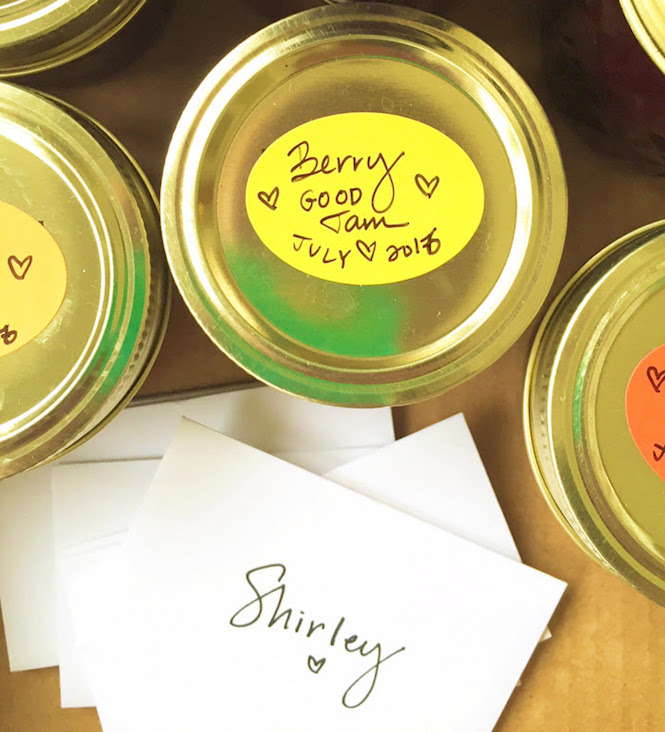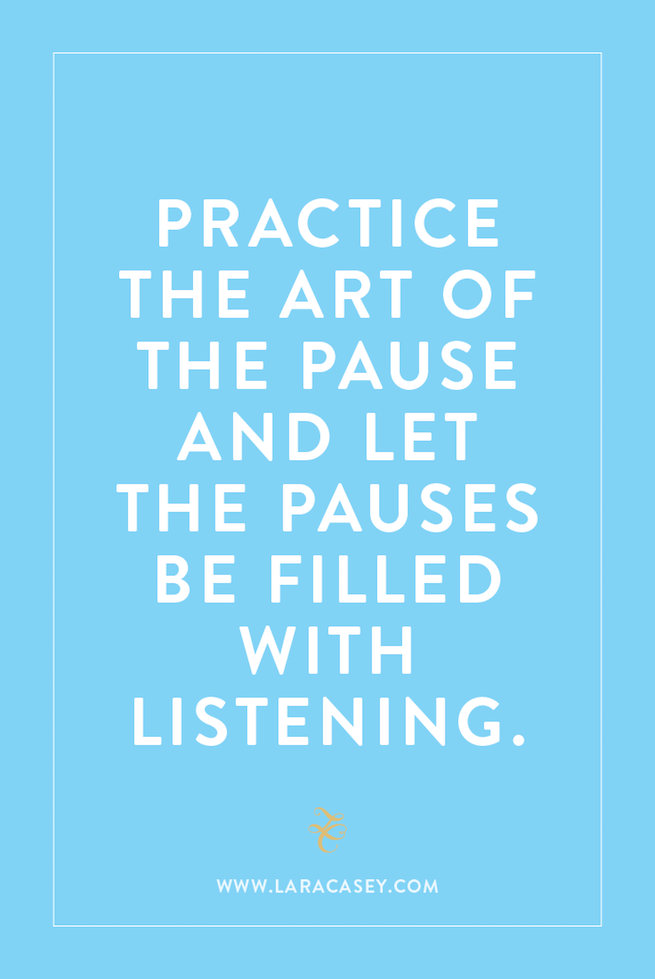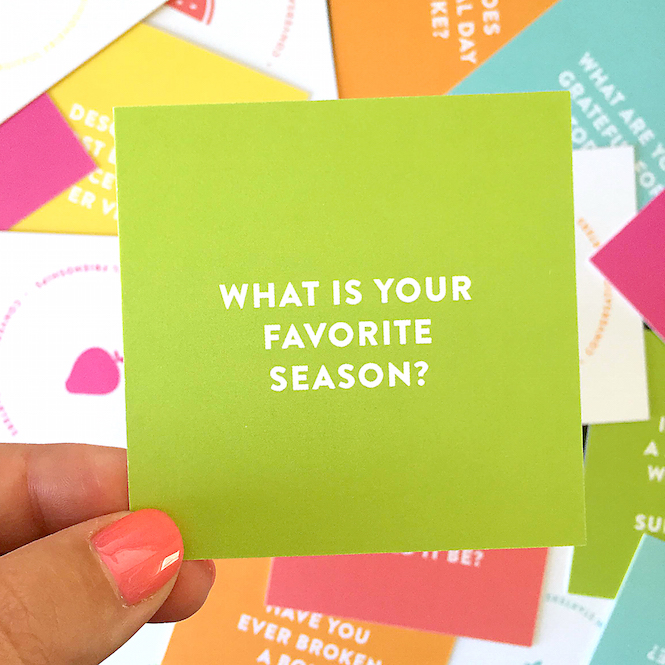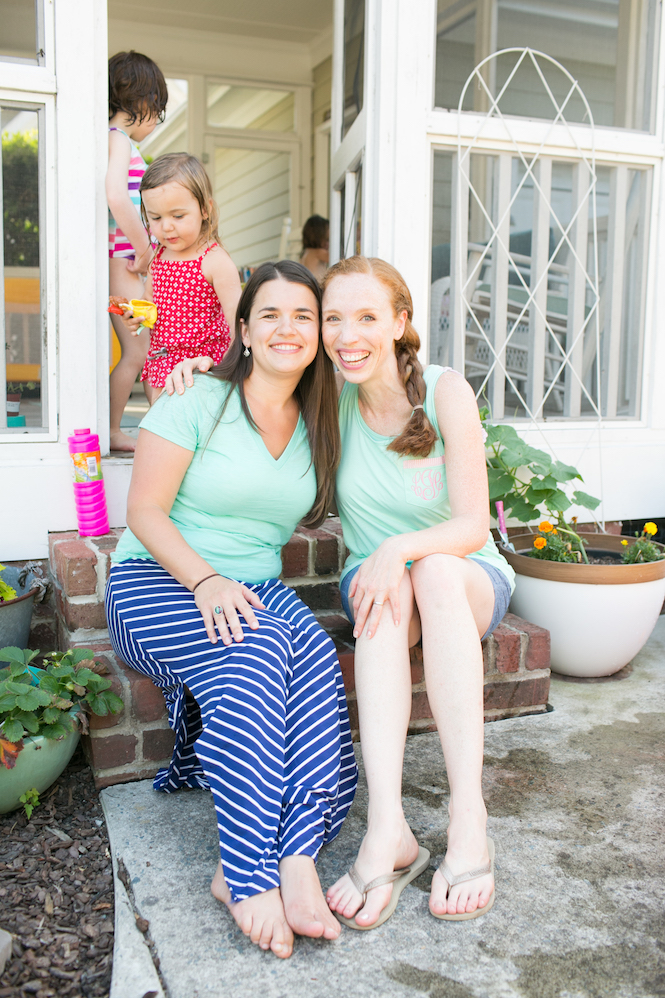Grace taught me a lesson about embracing “awkward.” Every morning, we take a walk through the retirement community near our house. One morning, after chatting with a sweet lady we’ve known for four years, Grace said, “Mom, we don’t know her name!”
Well, um…
Yes, you are right, Grace.
I never asked.
After knowing her for four years—knowing all about her husband’s health challenges, and even what she eats for breakfast on Sunday mornings (blueberry pancakes), it seemed a little awkward to ask her name.
The next morning, I decided to embrace awkward anyways. her name is Shirley, and I’m so glad I asked. The next weekend, Grace and I decided to surprise Shirley by delivering some “Berry Good” homemade jam. Listen to what happened after that!
Fruitful friendships grow not because we don’t experience fear, but because breaking ground on meaningful relationships becomes more important than our fear. Taking big leaps of faith, embracing the awkward (lots of awkward!), and putting yourself out there to do life with others can change everything.
It’s worth stepping into the hard stuff—and stepping in again and again.
Fruitful friendships are worth embracing awkward for. Fruitful friendships allow us to celebrate our imperfections together.
Fruitful friendship is possible. Here are my three tips to embrace awkward:
1. Become a Master of Awkward.
What if awkward pauses in a conversation are actually invitations for a deeper friendship? Waiting 1-2 seconds longer than normal to reply and “fill the silence” may allow the other person to open up, and to know you are really listening. Practice the art of the pause, and let the pauses be filled with listening. It may feel awkward at first, but it’s the greatest gift we can give to others! When you try this, just keep thinking to yourself, “I am becoming a Master of Awkward!”
2. Ask a second question.
You can practice this starting today, and it just might change your relationships forever. It did for me! Don’t stop at, “How are you?” Invite the other person to open up by asking a second question. The power of the second question is that it helps take the conversation deeper. Two of my favorite second questions:
How did that make you feel?
Tell me more about that.
3. Ask for help.
This is a hard one, isn’t it!? But, remember that fruit grows when we tend to it, water it, and work the hard ground. Dig in! Asking for help in friendships—whether it’s advice, prayer, or a recipe—lets the other person know you value them, and believe they can solve a problem for you. Turn this around on yourself: How would you feel if a friend asked for help? I would feel honored, and it would help me to know they trust me. Fruitful friendships are built on trust.
Photo by Olivia Wolf of Nancy Ray Photography
This is my real-life friend, Tori! She joins our neighborhood walks almost every morning, where we get to practice all we’ve learned in this Fruitful Friendship series—asking second questions, embracing awkward, and listening well. We’re not perfect, and we don’t have to be. We’re growing a fruitful friendship, no perfection required. I’m so grateful for you, Tori!
keep reading
3 Comments
-
Thank you!!
-
Hi,
I can’t seem to get into the cultivate what matters store to view the fruitful friendships workbook. The store link seems to be broken. I’ve tried on my phone, tablet, and desktop to no avail. Please help.





